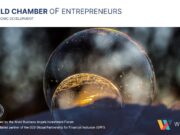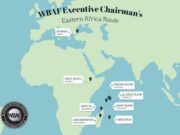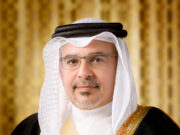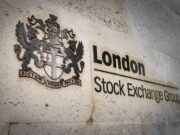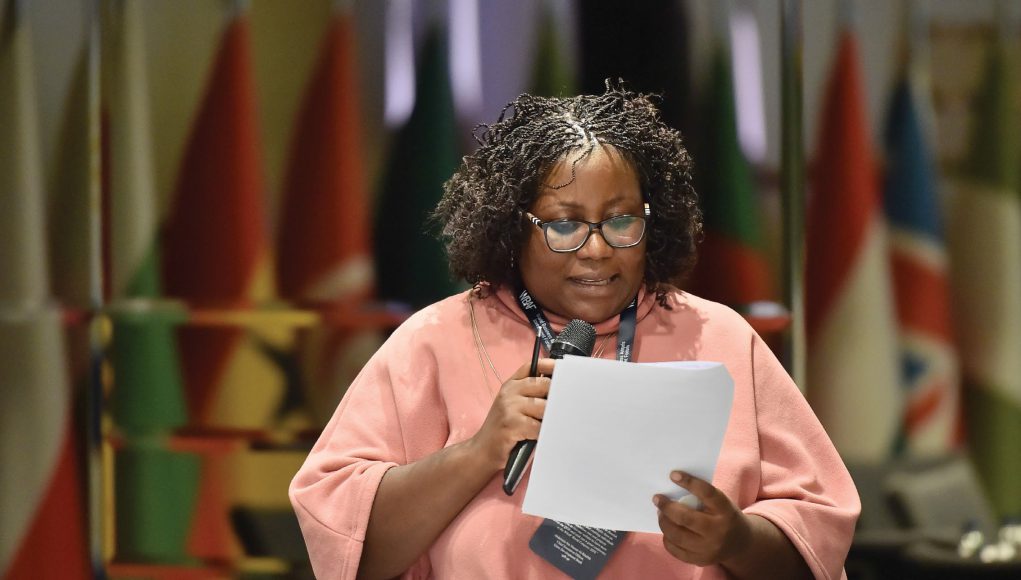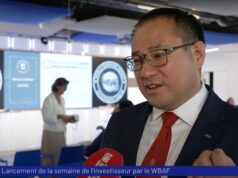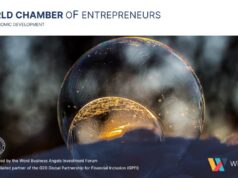The Global Woman Leaders Summit 2020 of the World Business Angels Investment Forum will explore the real reasons for the gender-based funding challenge, ways to overcome the challenge, ways that women founders – while lobbying for long-term change – can operate intelligently in the current ecosystems, how women can be coached on the realities of the market and which institutions should play a more active role in easing access to finance for women entrepreneurs. The World Congress of Angel Investors – WBAF 2020 will host the The Global Woman Leaders Summit 2020 in Istanbul, 17 & 18 February 2020, Swissotel The Bosphorus. The Summit will address to key challenges of woman entrepreneurship through its 5 panel discussions:
Panel 1: Why women-owned startups are a better bet
Panel 2: Future trends: The increasing role of women angel investor networks in early-stage equity markets
Panel 3: Opportunities and challenges for women entrepreneurs in the global innovation value chain
Panel 4: Board Room: Empowering the world economy by including more women in company boards
Panel 5: Women emerging as strong leaders in the 21st century
According to a recent study by the Boston Consulting Group, when women business owners pitch their ideas to investors for early-stage capital, they receive significantly less than men – a disparity that averages more than 1 million USD. Yet businesses founded by women ultimately deliver higher revenue – more than twice as much per dollar invested – than those founded by men, making women-owned companies better investments for financial backers.
One might think that gender plays no role in the realm of investing in early-stage companies. Investors make calculated decisions that are (or should be) based on business plans and projections. Moreover, a growing body of evidence shows that organisations with a higher percentage of women in leadership roles outperform male-dominated companies. Unfortunately, however, women-owned companies do not receive the same level of financial backing as those funded by men.
The increasing role of women angel investor networks in early-stage equity markets
Notably, women entrepreneurs are stepping up to the plate. In a survey of 279 U.S. women entrepreneurs conducted jointly by Inc. and Fast Company, a surprising 42 percent said that in addition to running their own companies, they made personal investments in startups. On the flip side, of those who had raised outside capital, 38 percent said they specifically sought out female investors.
As of November 2017, according to the Angel Capital Association, 22 percent of angels are female. That percentage may sound low, but it is a lot higher than in the venture capital industry, where only 9 percent of decision-makers are female, according to CrunchBase. And the trend is upward: 30 percent of angels who began investing in the past two years are female. These women are more likely to consider the gender of the entrepreneurs they back than men are: 51 percent of female angels say an entrepreneur’s gender is ‘highly important’ in their investment decisions, compared to only 6 percent of male angels.
But more experienced angels tend to write bigger checks than newer ones. That may explain why the size of women’s checks are somewhat smaller – $26,500 on average in the U.S., compared to $37,700 for men.
All these statistics signal an increasing role for women angel investors in earl-stage equity markets. The panel discussants of the Summit will attempt to predict the trend for the coming years and come up with ways to include more women in investing in startups. They will consider issues such as the type of financial training women need and how women can be encouraged to take more risks in equity markets.
Angel investment is booming worldwide
More than 90% of the early-stage investments in Europe in 2019 came from angel investor capital. The angel investment market size is more than €10 billion in Europe and more than US$26 billion in the US and Canada. The total size of the world’s early-stage investment market is expected to exceed $50 billion by 2020. The $50 billion market for angel investment promises a $150 billion exit in the next 5 to 7 years.
OECD reports show that more than 96% of the world’s economy is driven by SMEs, entrepreneurs and startups. Many governments have understood the importance of the early-stage investment market in the creation of new jobs and social justice in their countries and have therefore implemented new regulations that provide tax incentives for angel investors, corporate ventures and startups.
Why is angel investment so important?
The reason is simple: only angel investors have the know-how and the networks to put startups and scaleups into the capital markets. If we can create an innovative financial plan for early exits, this will mean more jobs and social justice in a shorter period of time.
WBAF invites you to join our global effort to ease access to smart finance.
As a global organisation, the World Business Angels Investment Forum brings together key players of the equity market to discuss the benefits of and the challenges to the investment community’s achieving successful growth for their businesses and to discuss what more can be done to facilitate the democratization of finance by expanding access to and participation in every level of society.
WBAF invites you to join us in their global effort to ease access to smart finance, which will help create more jobs and more social justice worldwide.
About the World Business Angels Investment Forum (WBAF)
An affiliated partner of the G20 Global Partnership for Financial Inclusion (GPFI), the World Business Angels Investment Forum (WBAF) is an international organisation aiming to ease access to finance for businesses from start-up to scale-up, with the ultimate goal of generating more jobs and more social justice worldwide. It is committed to collaborating globally to empower world economic development by creating innovative financial instruments for innovators, start-ups, and SMEs. The Forum interacts with leaders in all areas of society, first and foremost in business and political spheres, to help assess needs and establish goals, bearing in mind that the public interest is of paramount importance. WBAF engages a wide range of institutions, both public and private, local and international, commercial and academic to help shape the global agenda.
About GPFI
The Global Partnership for Financial Inclusion (GPFI) is an inclusive platform for all G20 countries, interested non-G20 countries, and relevant stakeholders to carry forward work on financial inclusion, including implementation of the G20 Financial Inclusion Action Plan endorsed at the G20 Summit in Seoul. Queen Maxima of the Netherlands is the Honorary Patron of the GPFI.


